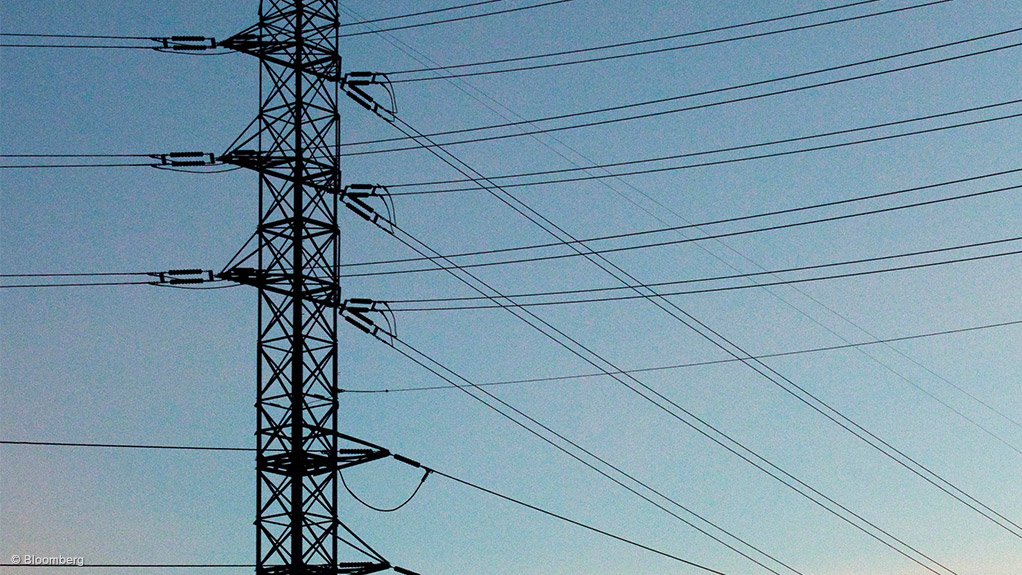Executives from around the world have listed cyber security, regulatory uncertainty and a need to close the skills gap as three of the top challenges facing the smart metering industry.
Delegates to African Utilities Week in Cape Town heard how the threat of hacking remote devices was a very real risk facing the industry.
Expanding on a survey completed by 50 utility executives, Pim Spierenburg, senior manager for Accenture Smart Grid Services, said 92% of executives agreed that cyber security would be imperative in future.
He said complex networks lent themselves to cyber security risks, while the need for privacy for customers was vital.
Smart meters are being used increasingly in monitoring water and energy usage, assisting businesses and residential customers with bills based on actual rather than estimated consumption. They’ve also cascaded into a range of new services.
Spierenburg said information techonolgy (IT) capabilities were becoming stretched as the industry expanded. A total of 96% of respondents said data management would be critical for managing the complexity of the network. The survey has listed the key priorities for utilities in its ‘Top 10 Trending Insights'.
“The technology is still quite immature, so access to the right IT skills will be critical.”
Spierenburg said the IT workforce, especially engineers, needed to be up to speed with modifying equipment where needed.
Only a quarter of utilities surveyed said they were well positioned to compete for analytic skills in the market. The industry is under pressure to integrate systems and manage increasingly large data volumes.
Spierenburg said another major challenge in applying smart metering was the lack of regulatory strategies and policies.
“Companies need to work together with regulators to come up with legislation that will drive smart grid technology,” he said.
But Spierenburg suggested that companies not power ahead at breakneck speed. “The smart grid transition is a constant iteration of exploring, designing, executing, learning and expanding. It’s best to gradually expand the footprint of your Smart Grid programme,” he said.
In South Africa, several companies have been spearheading smart metering, including Danish company, Kamstrup, which has offices in Pretoria.
Kamstrup division director Jan Hannibal said there was a growing interest in smart metering in South Africa, particularly with the possibility of measuring water and electricity consumption with the same meter.
“It’s definitely taking off in South Africa and we see a lot of potential in countries like Kenya, Ghana and Nigeria.”
“The benefits of a prepaid electricity system are obvious,” said Philip Belamant, MD of Net1 Mobile Solutions.
“Consumers can plan their purchase and consumption of energy, while landlords and utilities are saved the administration costs and inconvenience of managing electricity bills paid in arrears – if, that is, they are indeed paid.”
In the tiny mountain kingdom of Lesotho, a bold project in smart metering has led to some valuable lessons in mitigating risk.
Metering manager for the Lesotho Electricity Company Mohlomi Seitheko said smart meters were installed at households after an extensive marketing campaign, mainly on radio. While dealing with several challenges, the Lesotho utility learnt about how best to use the new technology, how to pick up tampering early through monitoring and making sure they got the buy-in from customers.
Lesotho is now planning to develop guidelines on smart metering systems, as well as training staff and educating customers more about smart meters.
EMAIL THIS ARTICLE SAVE THIS ARTICLE
To subscribe email subscriptions@creamermedia.co.za or click here
To advertise email advertising@creamermedia.co.za or click here











